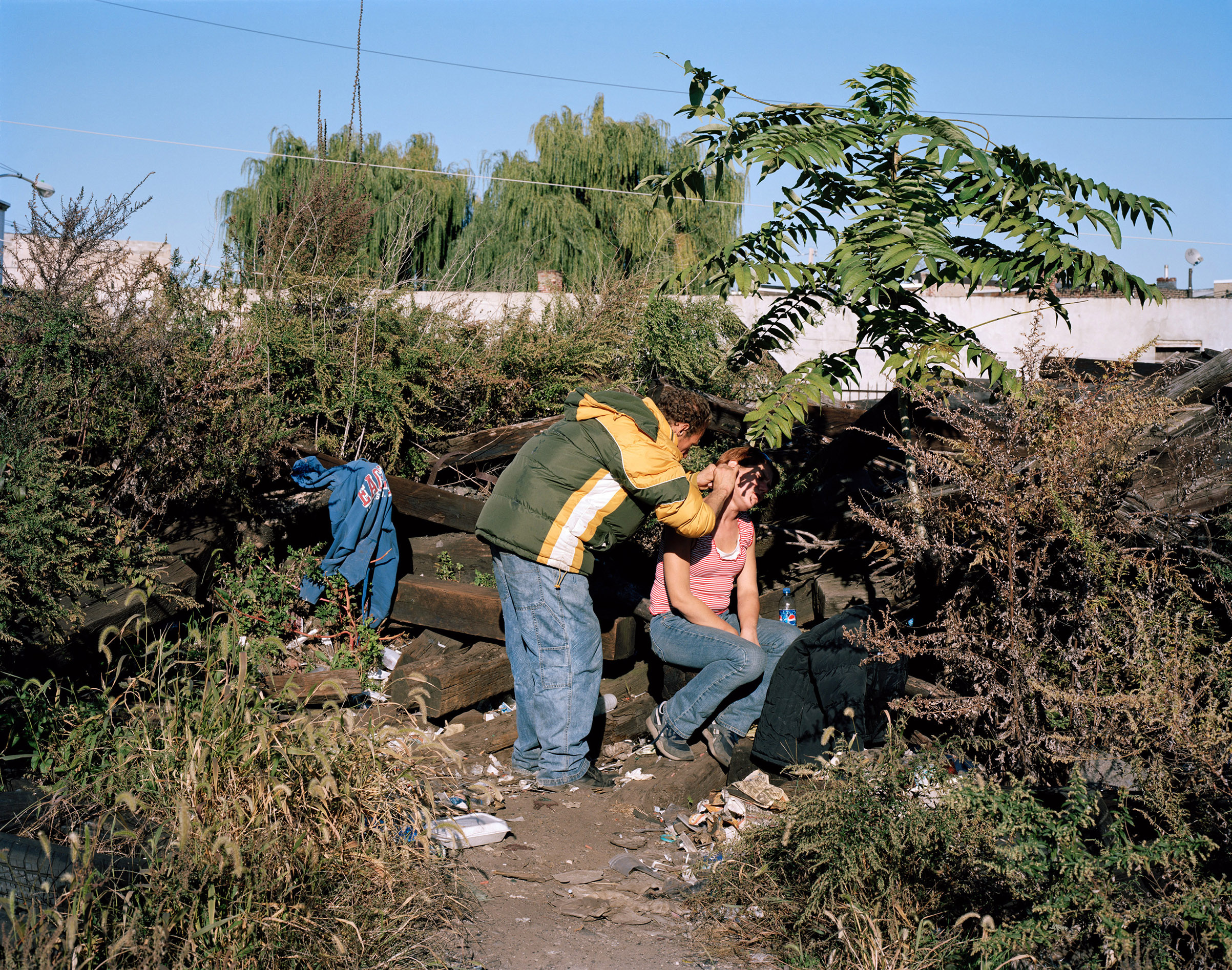A Caring Lens on the Opioid Crisis
Photographs by JEFFREY STOCKBRIDGE
Text BY LILY ROTHMAN
In 2012, when LightBox spoke to Philadelphia-based photographer Jeffrey Stockbridge about his work documenting people in the city’s Kensington neighborhood, many of whose lives, he says, revolved around heroin, he had hoped to conclude his work there in the space of a few months.
He was off by almost five years. Now, Stockbridge marks the conclusion of his immersive project with the publication of his book, Kensington Blues.
In the intervening years, the nation’s drug epidemic has gotten even worse. With the former surgeon general of the United States calling the opioid crisis “one of the most urgent public-health challenges of our time” and President Donald Trump promising to combat the epidemic, it is perhaps no wonder that Stockbridge’s documentation of the problem’s impact was more far-reaching than he expected.
“I think [the project] is extremely relevant right now,” he tells TIME. “It’s crazy, because it’s a subject that’s so widely misunderstood.”
At the heart of that misunderstanding, he believes, is a widespread failure to see addicts as human beings. He understands why—it’s hard to feel compassion toward addicts “when they’re on your block where you live,” Stockbridge says, noting it took him a long time to go from exploring the neighborhood warily to truly connecting with his subjects. It was by returning again and again over the course of years—spending real time with people rather than snapping a photo and going back to his own life—that he gained their trust. In turn, he was able to give them a way to have their voices heard, which he did by pairing their photos with written and audio statements that he published online.
That kind of investment of time and understanding is something Stockbridge believes is necessary to finding effective solutions to the epidemic. As he sees it, it’s tempting for government leaders and local police officers to move people around, clearing them from one spot or another, or to say that people suffering from addiction should take the responsibility for getting themselves clean. But that’s not what works, he says. “Local organizations that offer harm-reduction in Kensington work.” (A portion of the proceeds from his book will be donated to one such program.)
Such solutions depend on people seeing that addicts are people who need assistance, and Stockbridge hopes his photographs aid that cause. As he knows well—from his work in Kensington as well as from a family member’s struggle with addiction—nobody “sets out to become a heroin addict,” he says, but rather falls into a “cycle of pain and numbness” from which it is exceedingly difficult to escape without help.
That numbness, in fact, is part of the reason why he decided to step away from Kensington, to pause his work there and share it with the world. He had started to see the same stories show up again and again, cycling through, and one day he happened to see a woman working the corner right across the street from where another woman had recently been found dead. When he asked her how she could do that, to put herself out there in a spot they both knew was dangerous, she said she was numb to it. She didn’t think that what she was doing was shocking. And, he recognized, if he stayed out on the street—even as a photographer—he might soon feel the same way.
“I didn’t want to become numb to it, and maybe the longer I stayed out there the more numb I would become,” he says. “That was the last day. I gave her a lift home and I said to myself, I think I’m done here.”
So what’s next for Stockbridge after this break?
His answer comes with a rueful laugh: “I’m already photographing in Kensington again.”
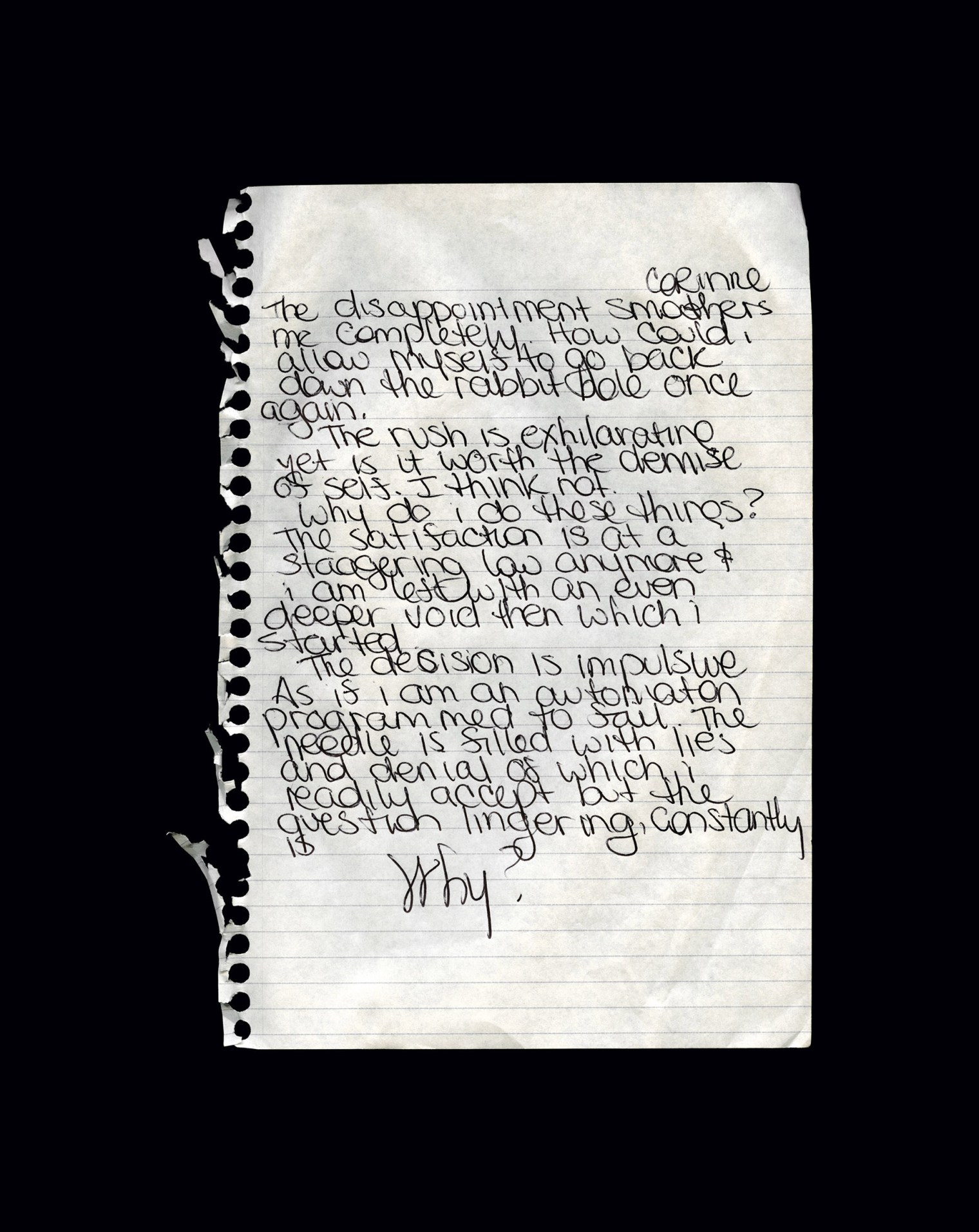
Journal Entry by Corinne, 2009
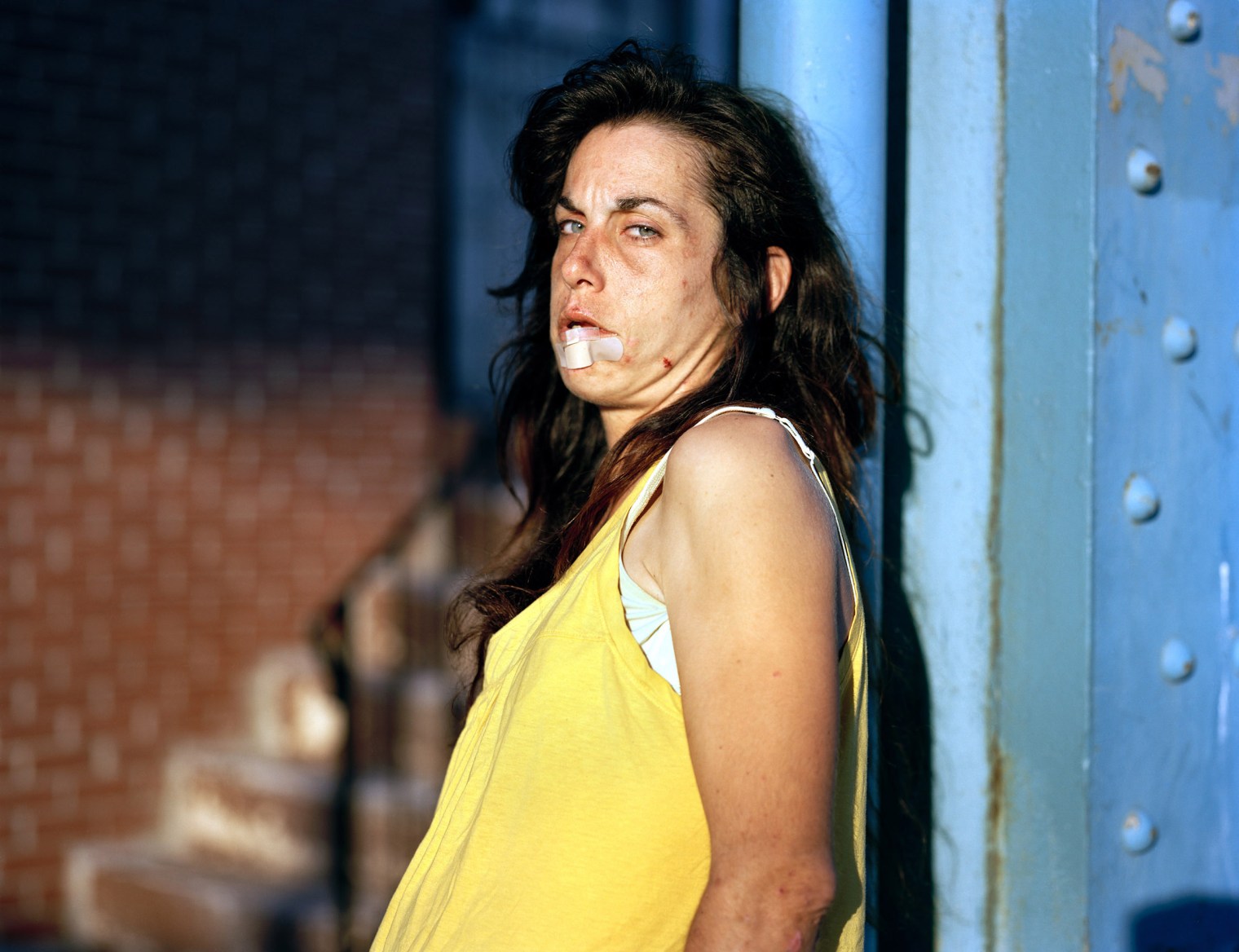
Jennette, Kensington & Ruth Street, 2009
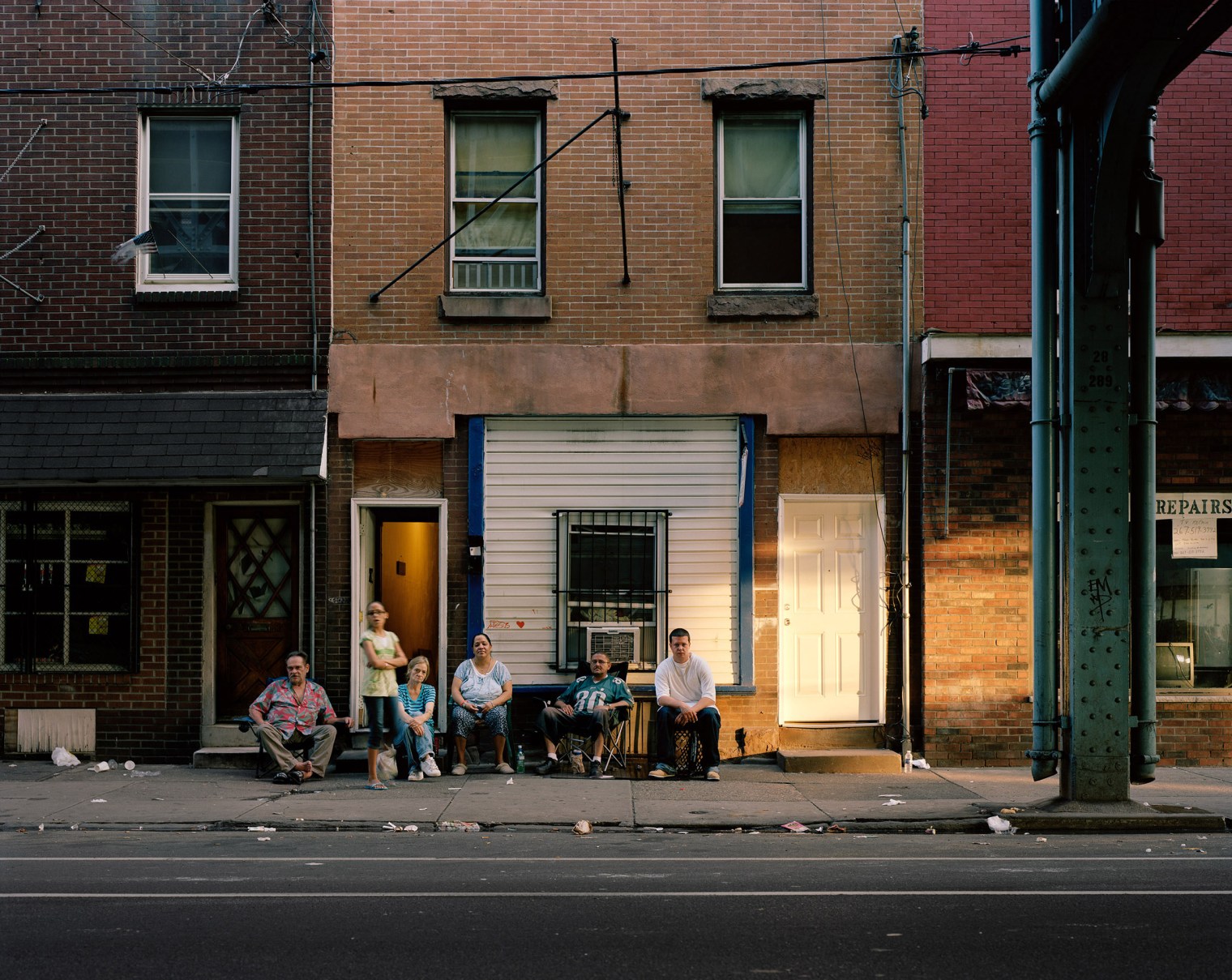
Kensington & Somerset Street, 2009
Excerpted from an interview with Robert (2nd from the right): “Yeah, this is better than HBO, Cinemax, Showtime, everything combined. You don’t need no cable, you don’t have to watch TV. You just gotta sit out here. You see drama, you see soap opera, you see violence, crime.”
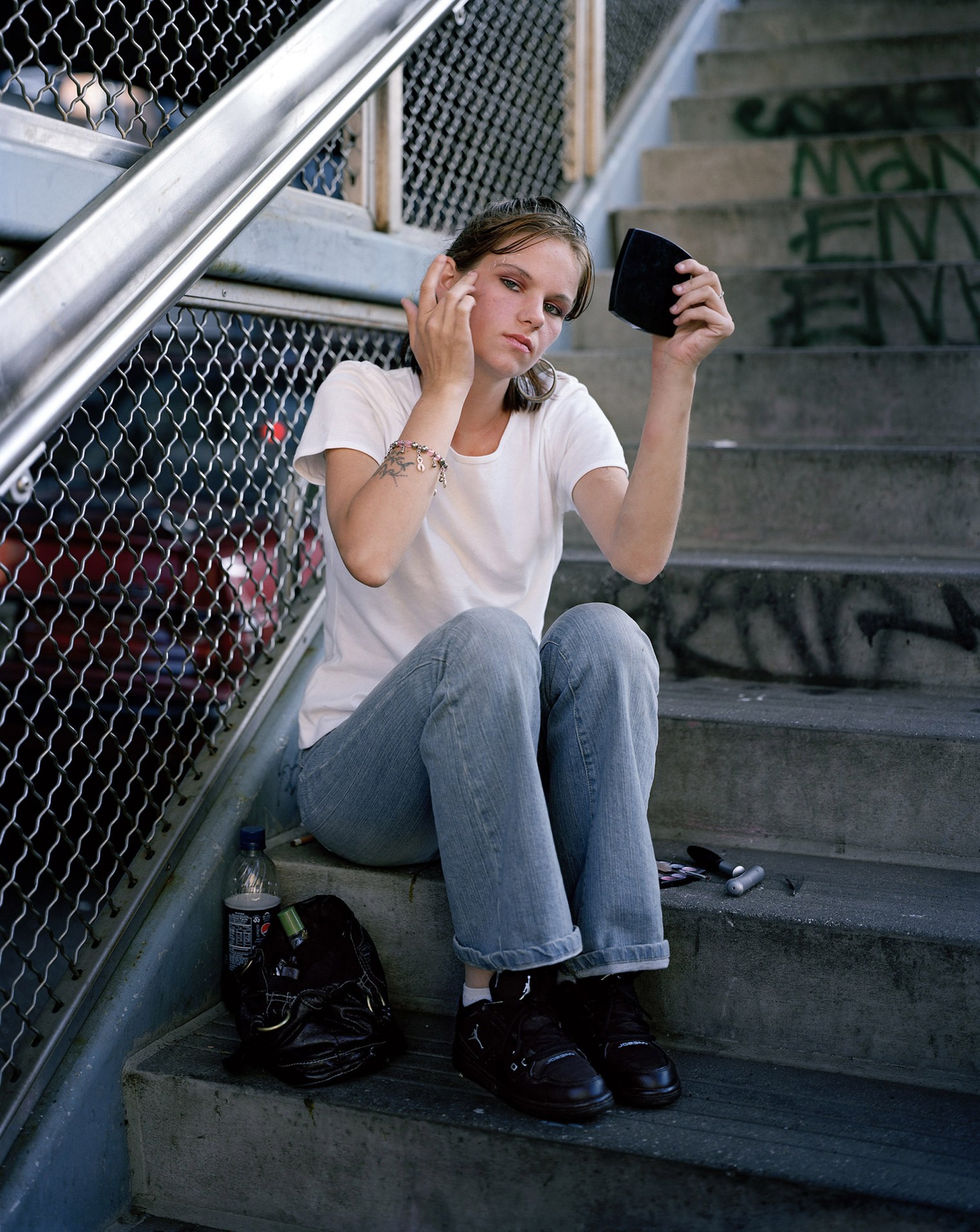
Tanya, Kensington & Somerset Street, 2010
Excerpted from an interview with Tanya: “And I don’t like doing this, like, you know… this. Like, I don’t like being on the street if I’m not on Xanies, you know, because, if, like, I’m… I’m more, like, not that, that, that, that afraid, if you know what I mean… to do it. You know? But, I am afraid. You know, you never know what can happen.”
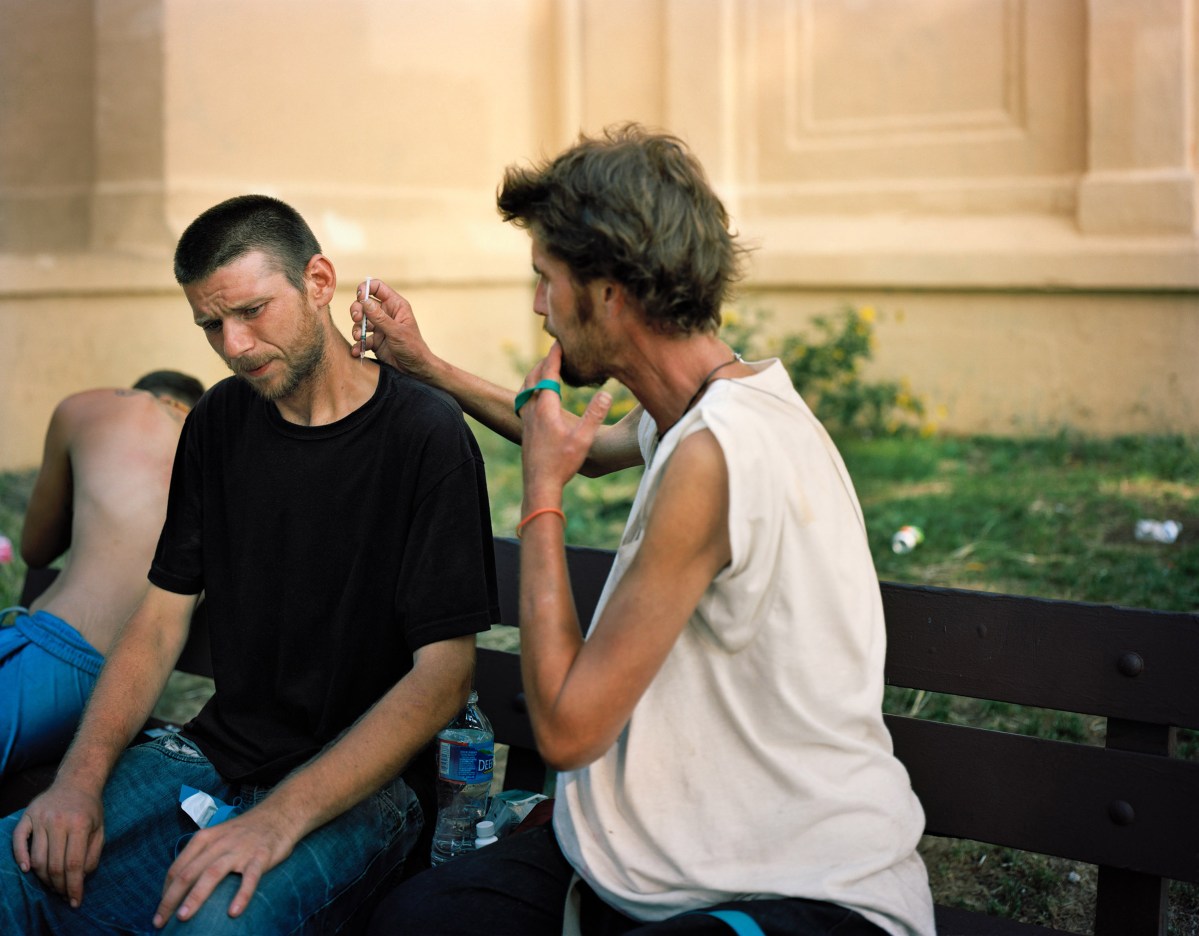
Matt & Brian, McPherson Square Library Kensington & E Indiana Ave, 2012
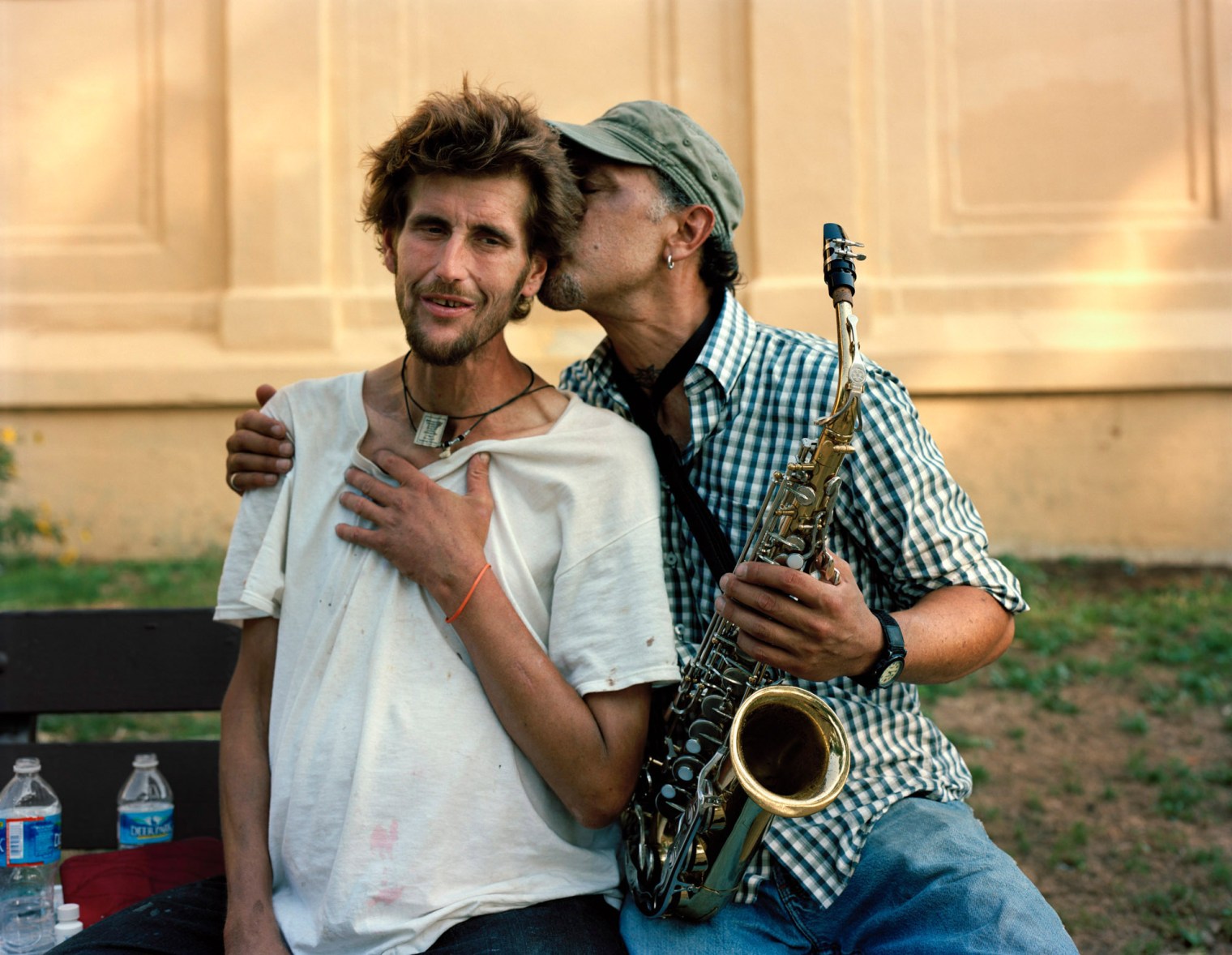
Matt and Gato, McPherson Square Library Kensington & E Indiana Ave, 2012
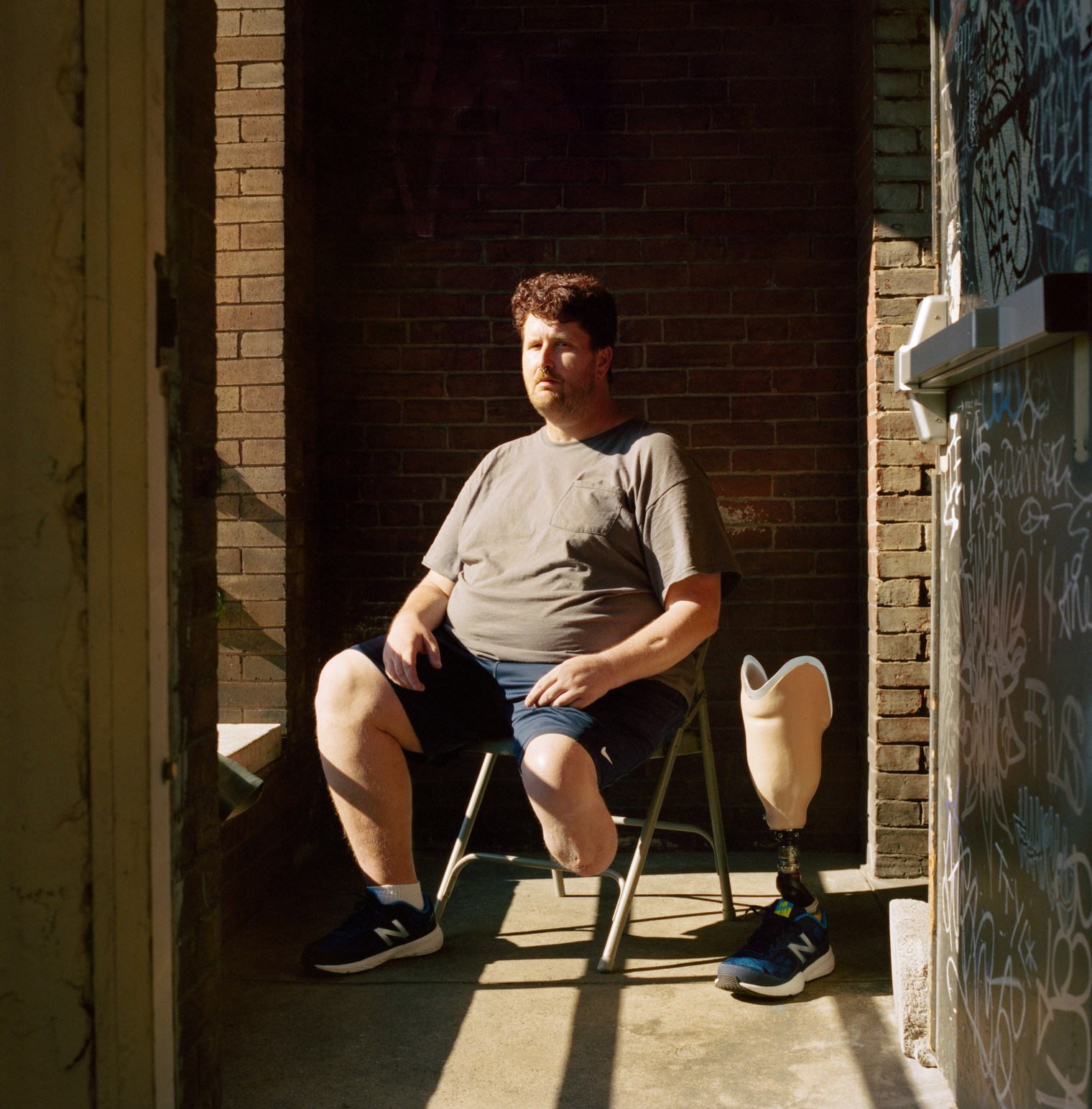
Matt, 2017
Excerpted from an Interview with Matt Neal: “As far as what advice I would give to someone who is struggling, I would encourage them not to give up, continue to try, and keep knocking on the proverbial door. I would strongly encourage them to not be afraid or ashamed of who they are and where they are. I would do my best to show the person the way I was shown, that they MATTER! I say the latter because getting me to the point where I was even willing to consider treatment, despite the atrociousness of my life, was a process. I was ALLOWED to be me and was met where I was. There was no need too great or too small that wasn’t addressed.”
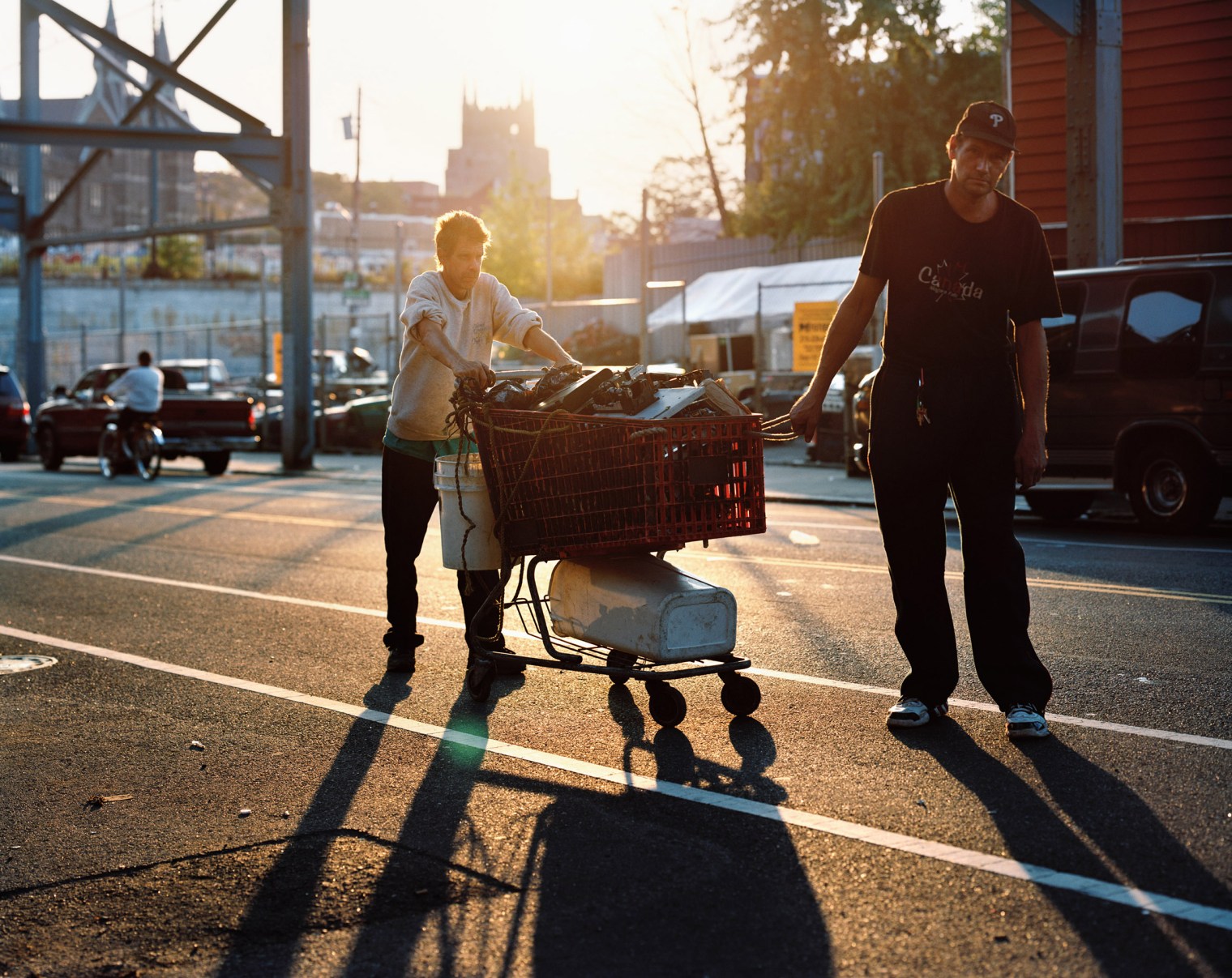
Scrappers, Kensington Ave, 2010
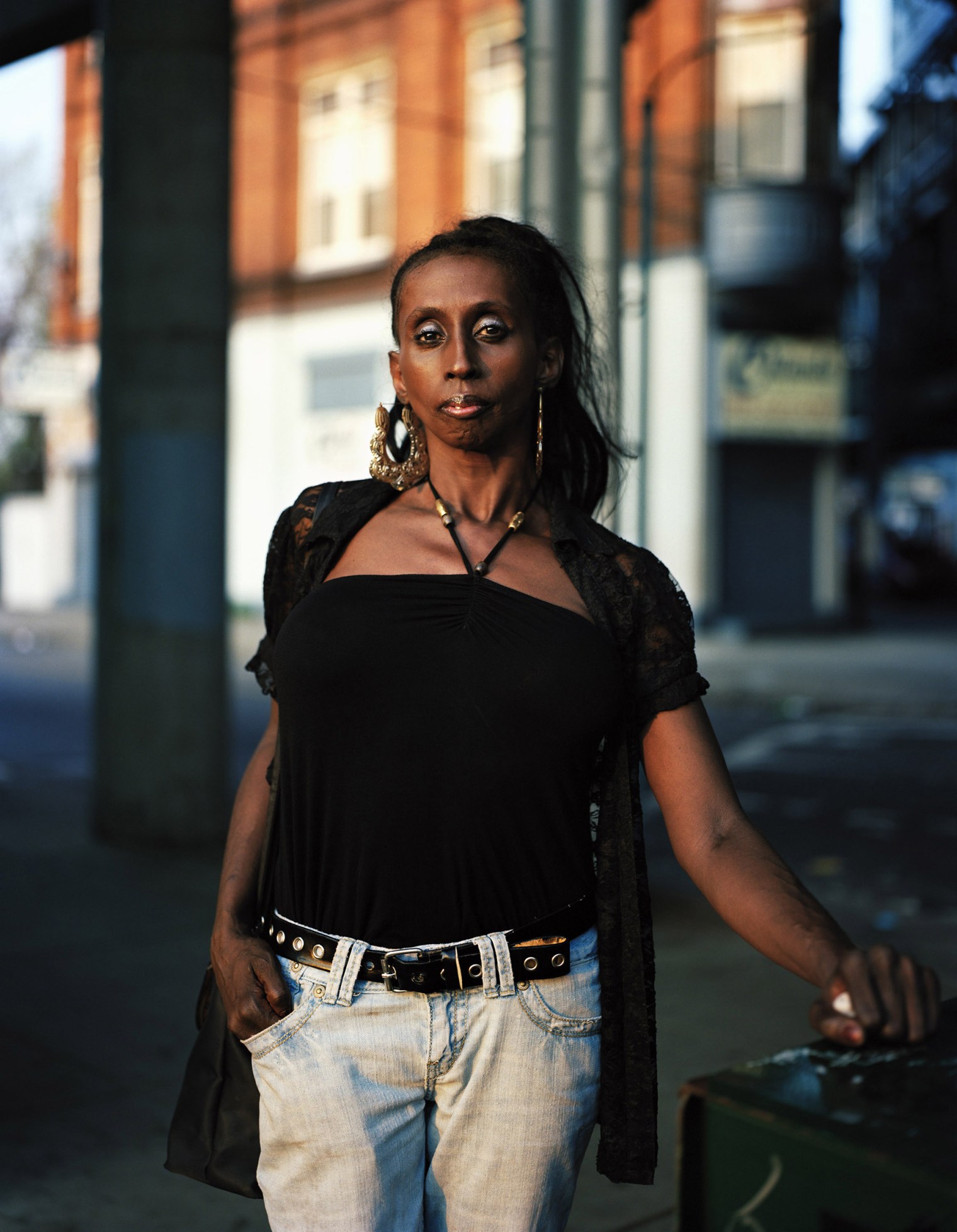
Donna, Kensington & Tioga Street, 2010
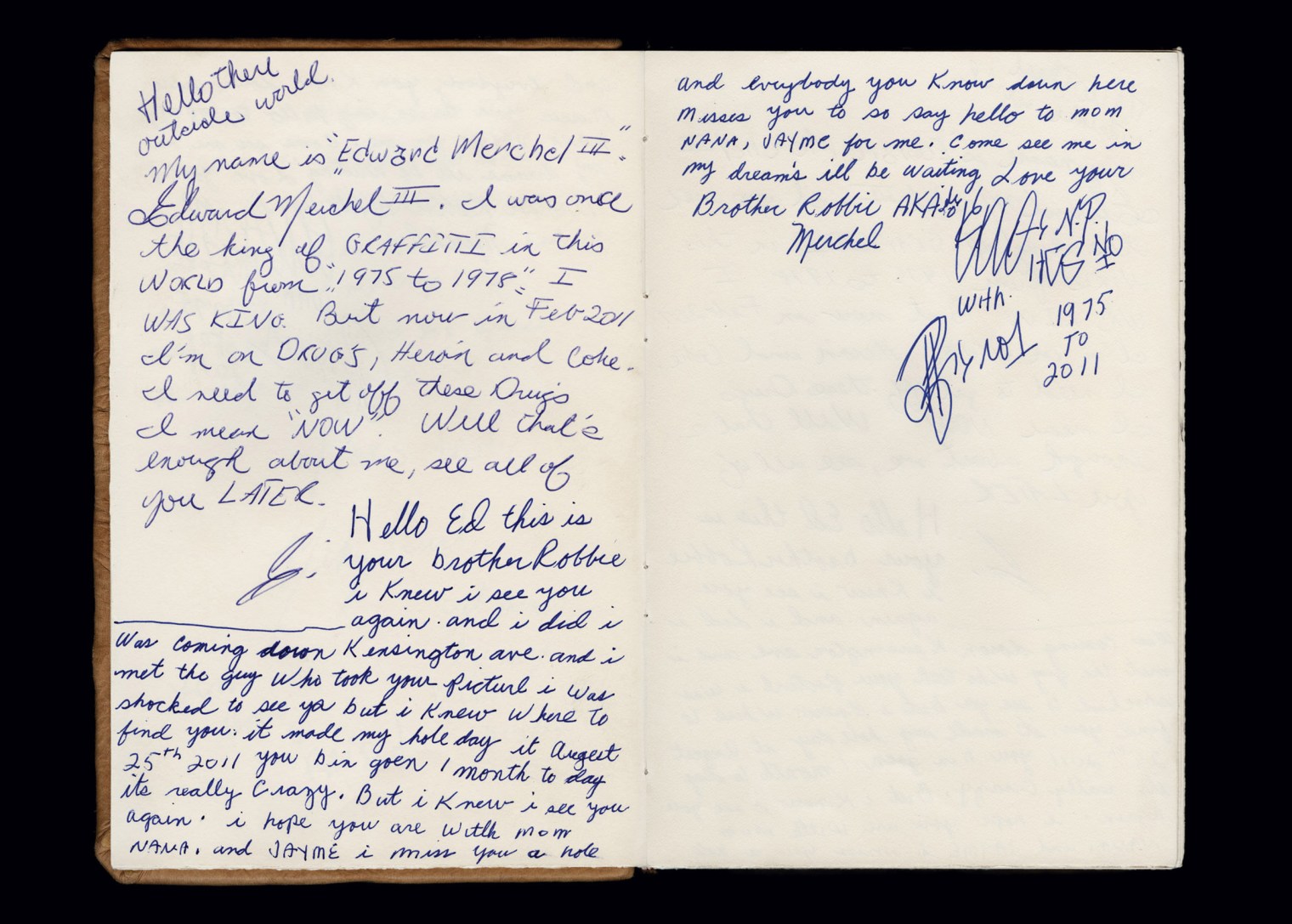
Journal Entries by Edward & Robert Merchel (one month apart), 2011
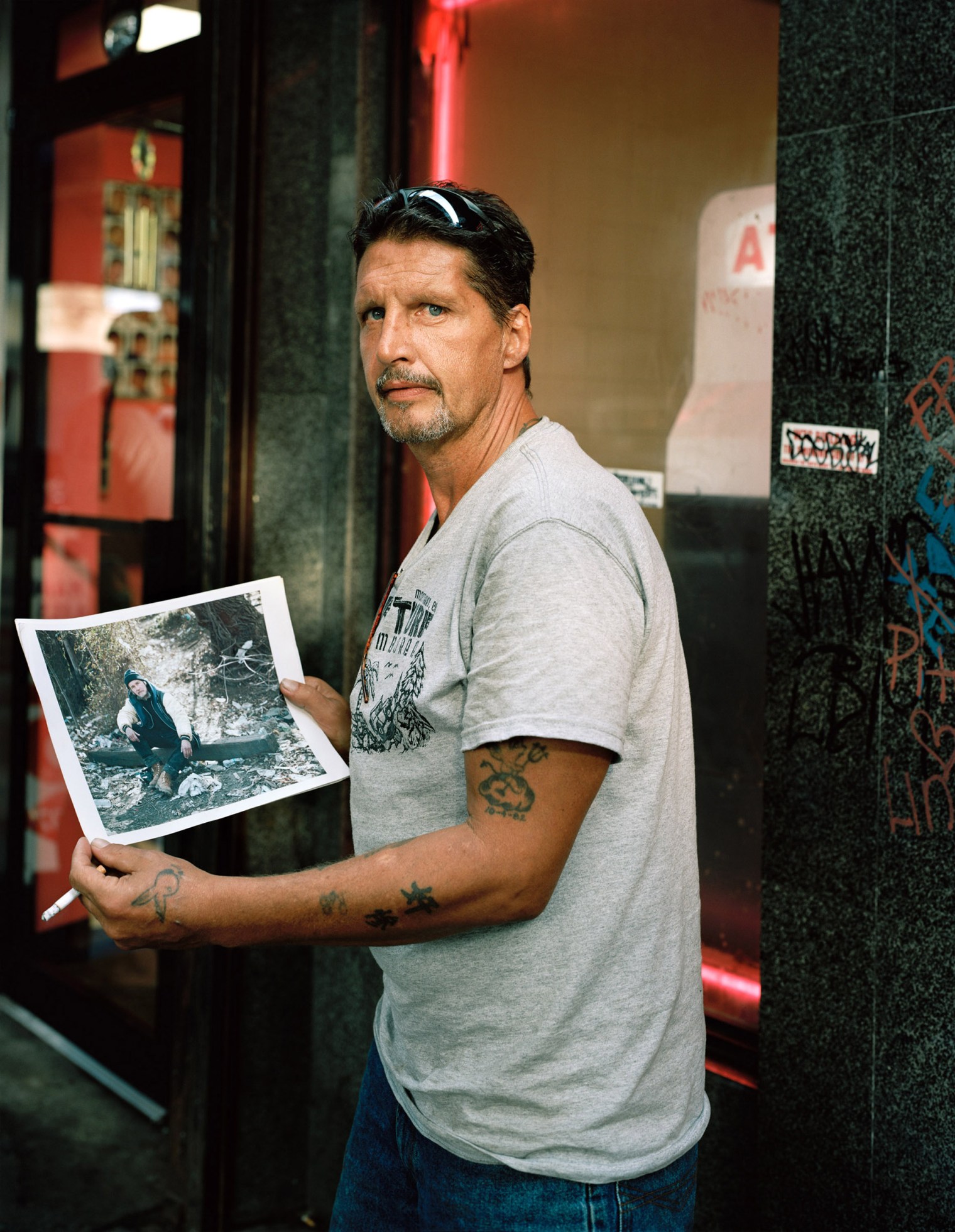
Robert holds a photo of his recently deceased brother Edward, Kensington & Somerset Street, 2011
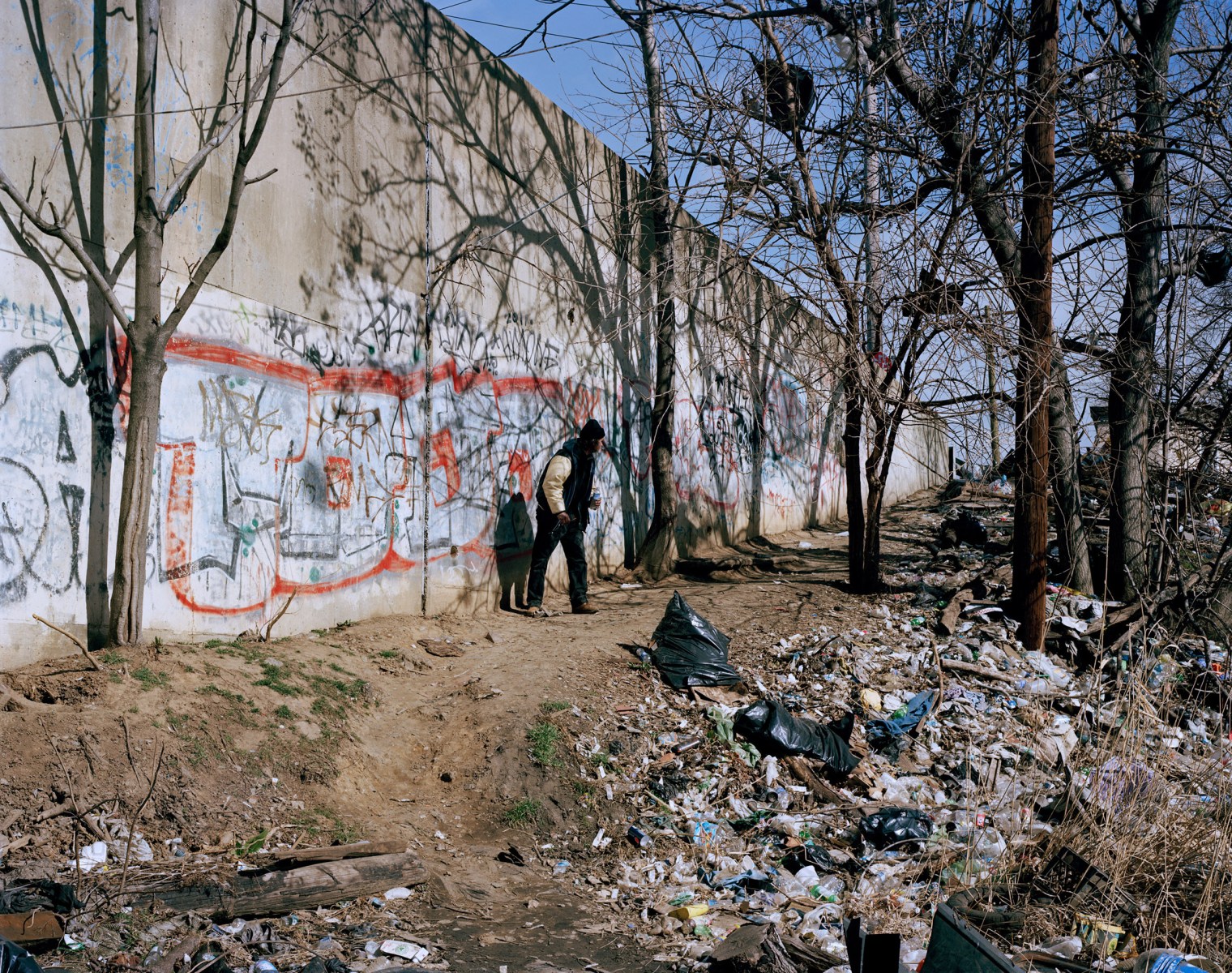
Edward prepares to shoot up, Lehigh Viaduct, 2010
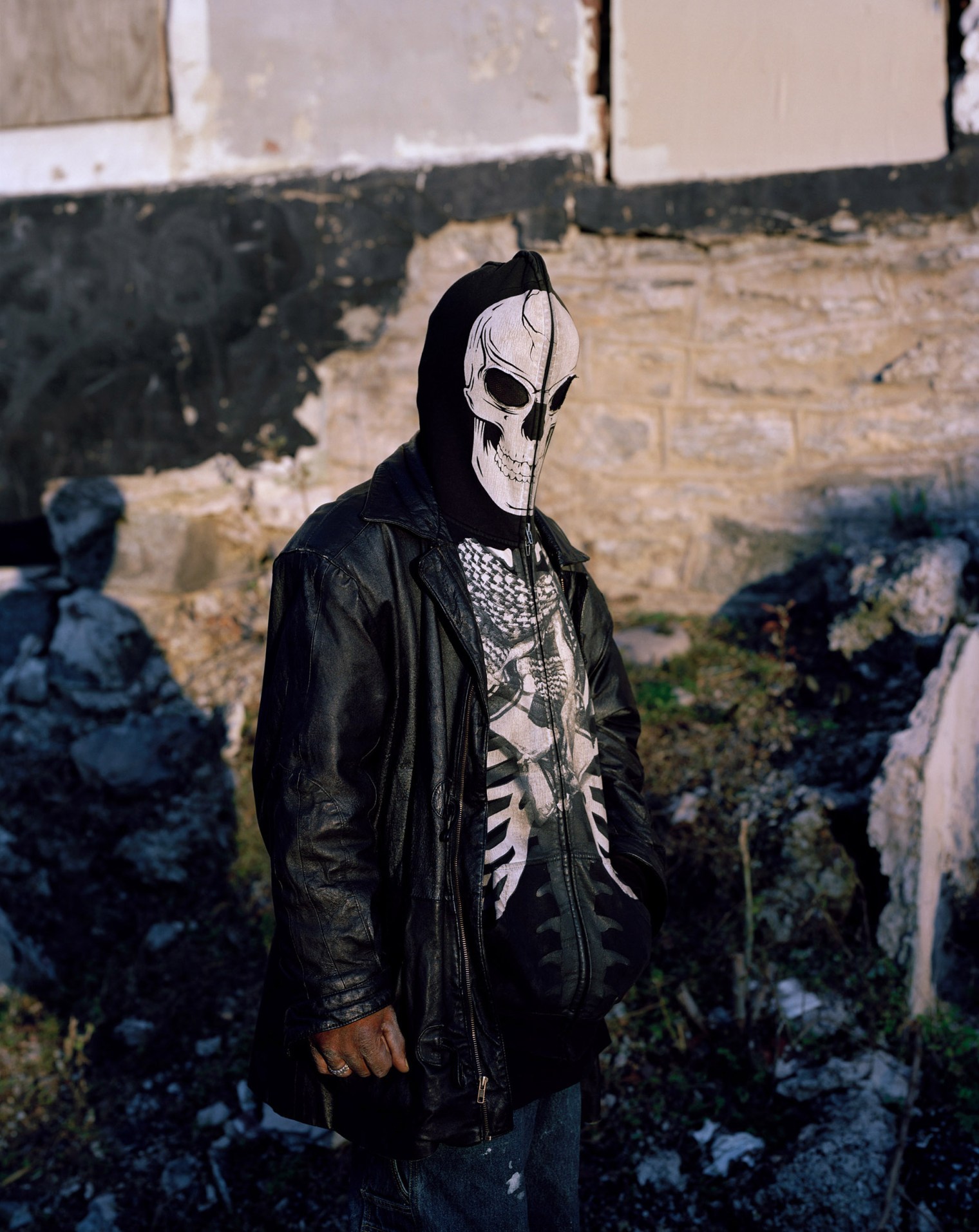
OG Willy, C & Tusculum Street, 2011
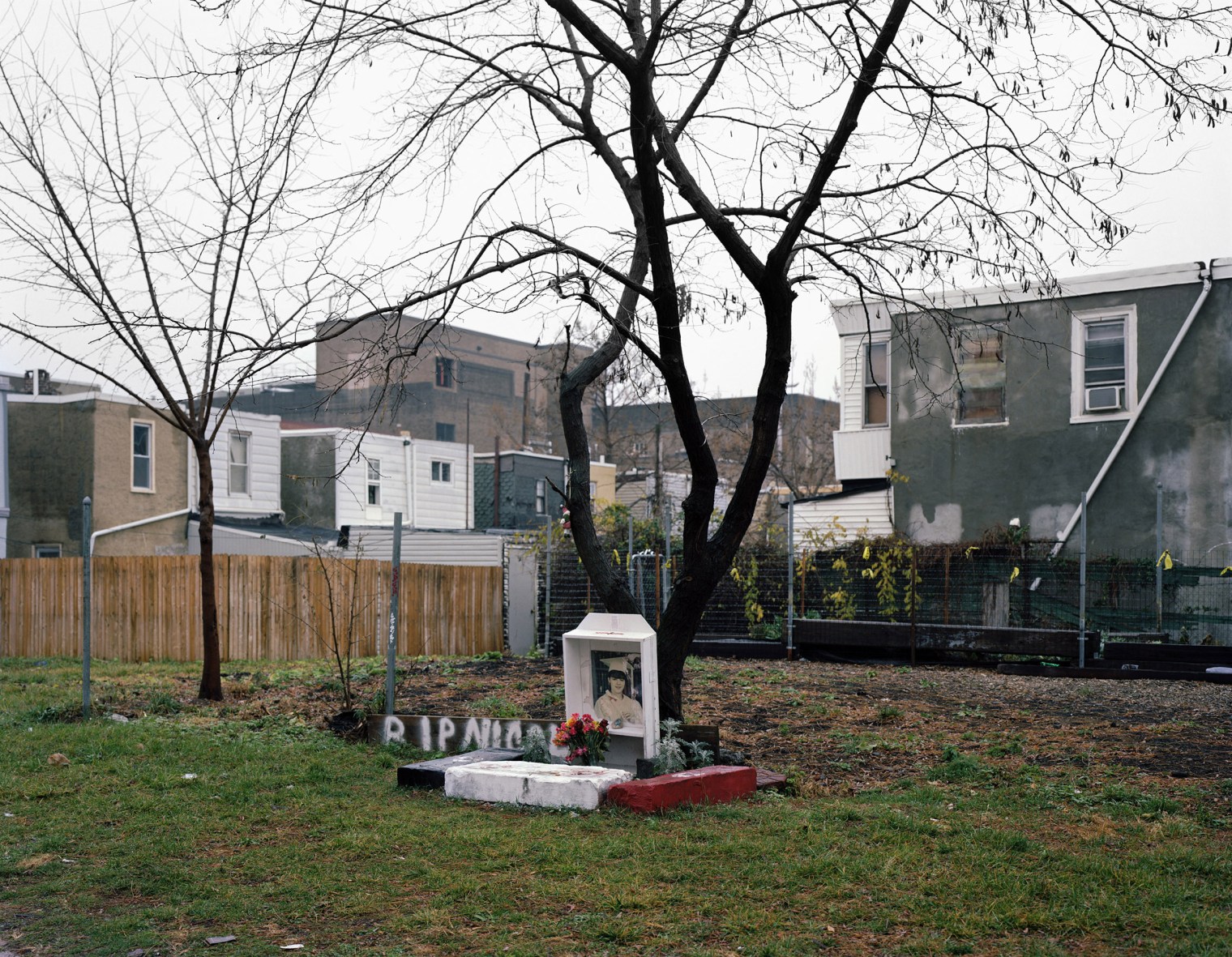
Memorial for Nicole Piacentini, Jasper & Cumberland Street, 2013
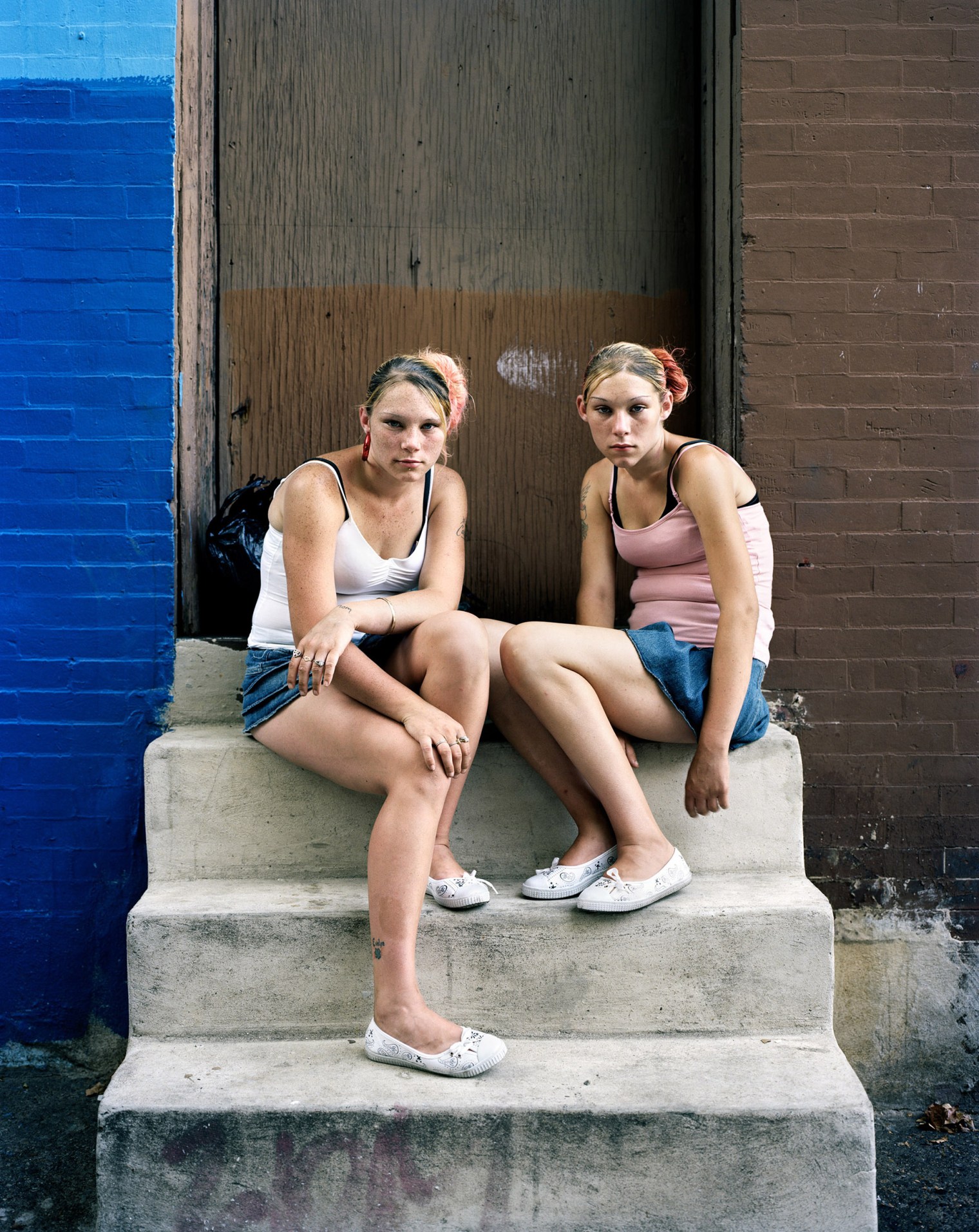
Tic Tac & Tootsie, Kensington & Harold Street, 2009
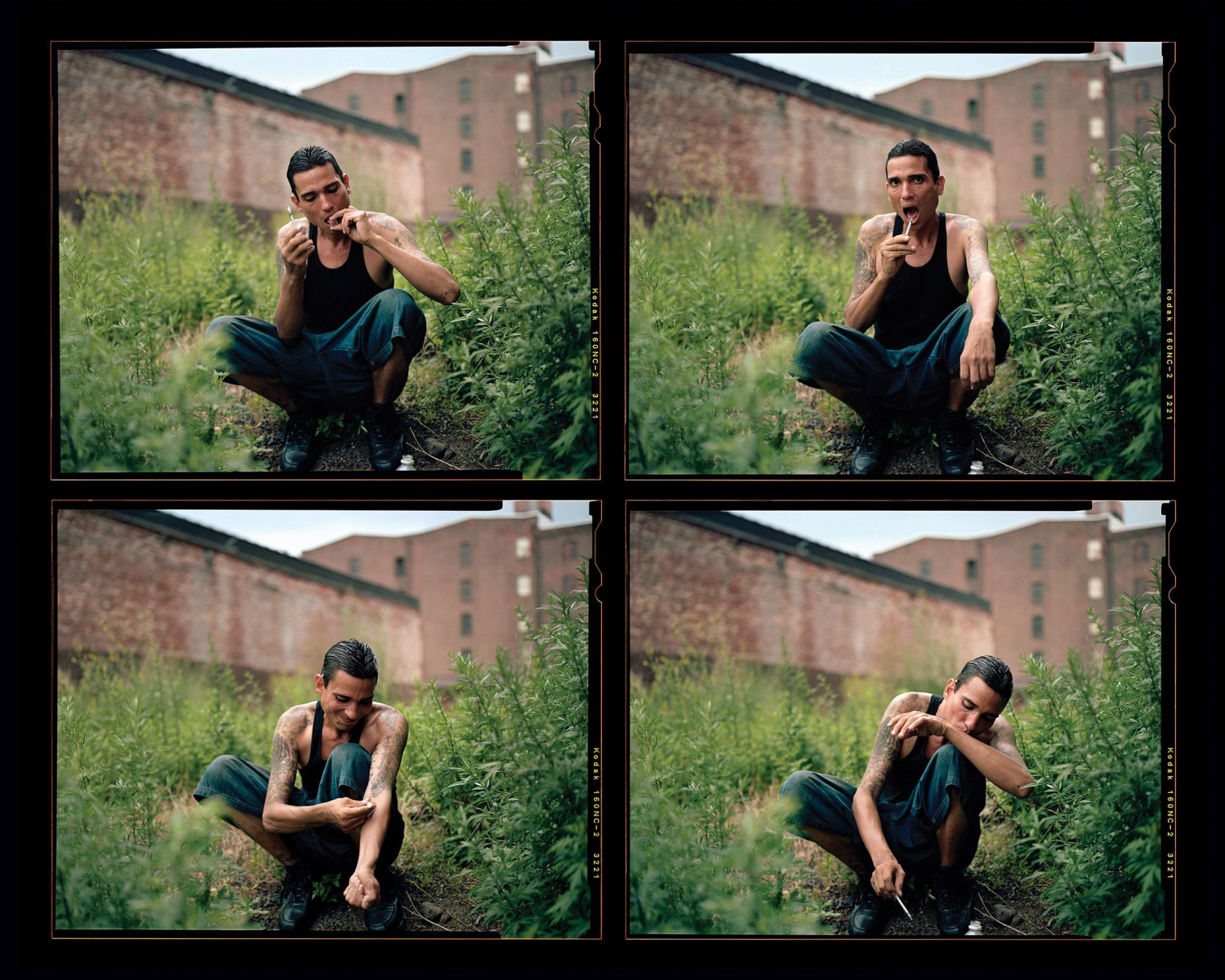
Wilfredo shoots up, North American Street, 2010
Excerpted from an interview with Wilfredo: “Once you touch your vein, you love it. You love it so much that in the morning, if you are married, your woman want to have, make love and you are sick, you’ll say, ‘No. I gotta get my shit first, then I make you love.’ And that’s crazy because we, we are the man. The most, the most that we love is the woman. It’s sex. It’s love. But once you are in this, the love and the woman became second and third because this became first.”
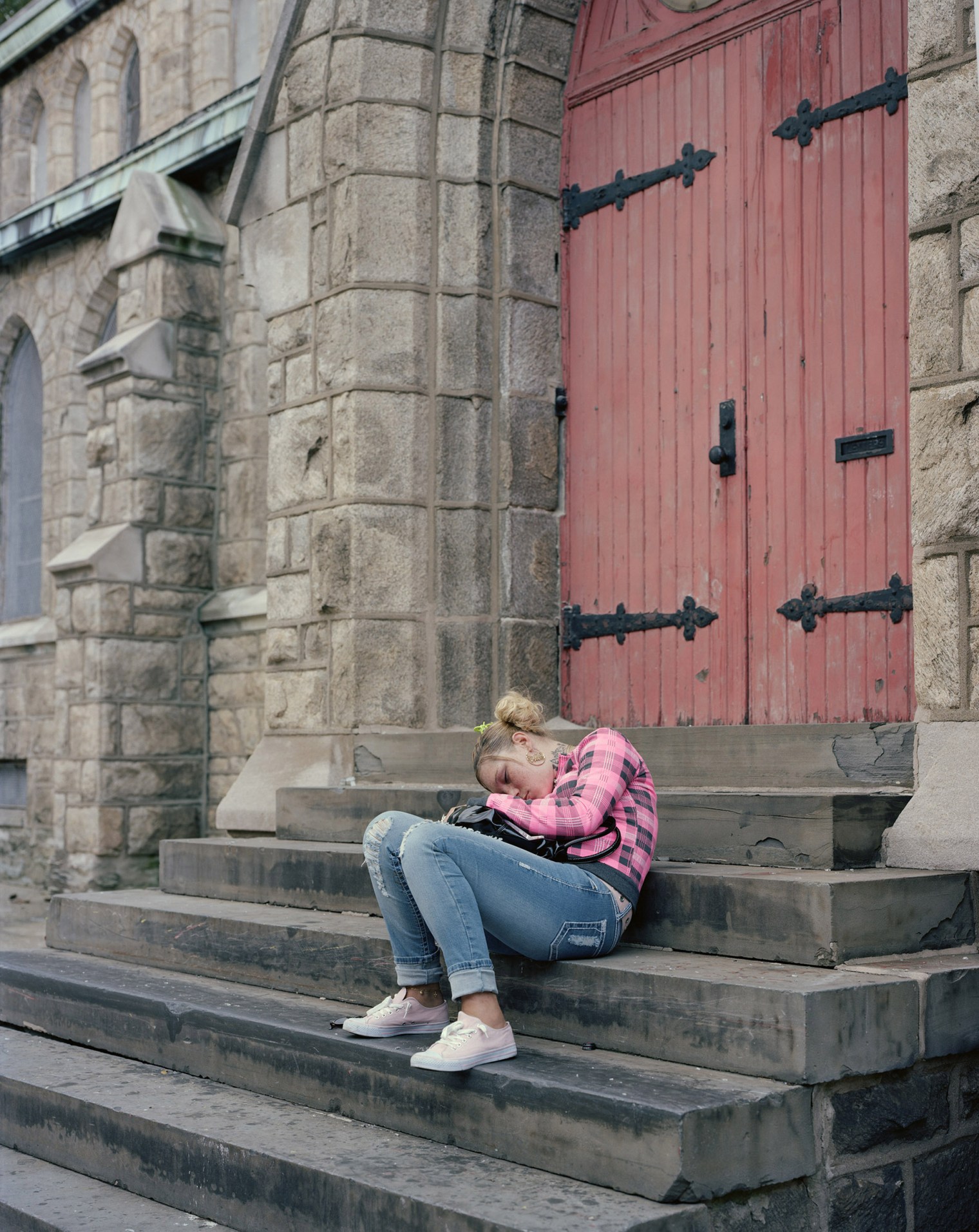
Tic Tac, Kensington and Huntingdon Street, 2009
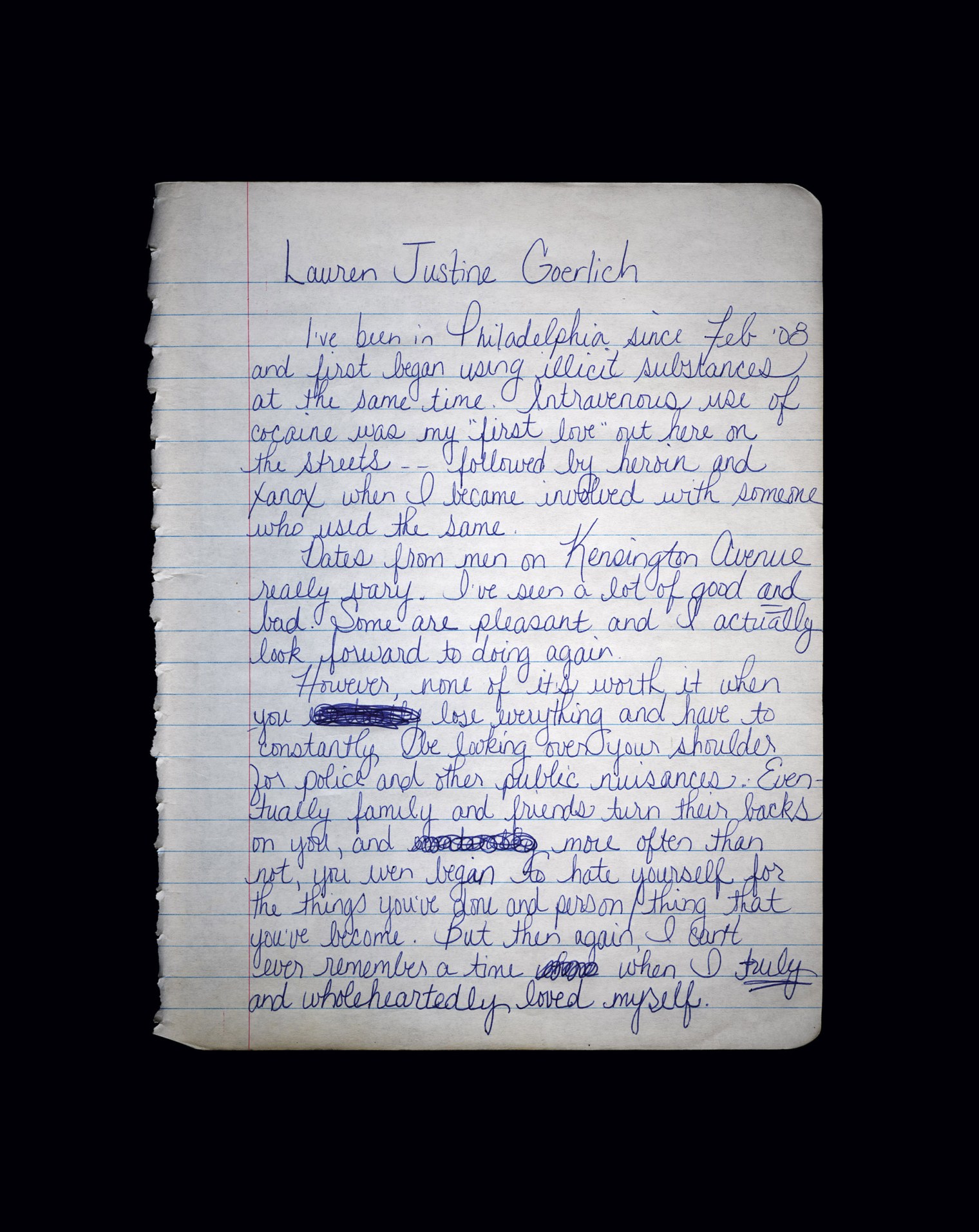
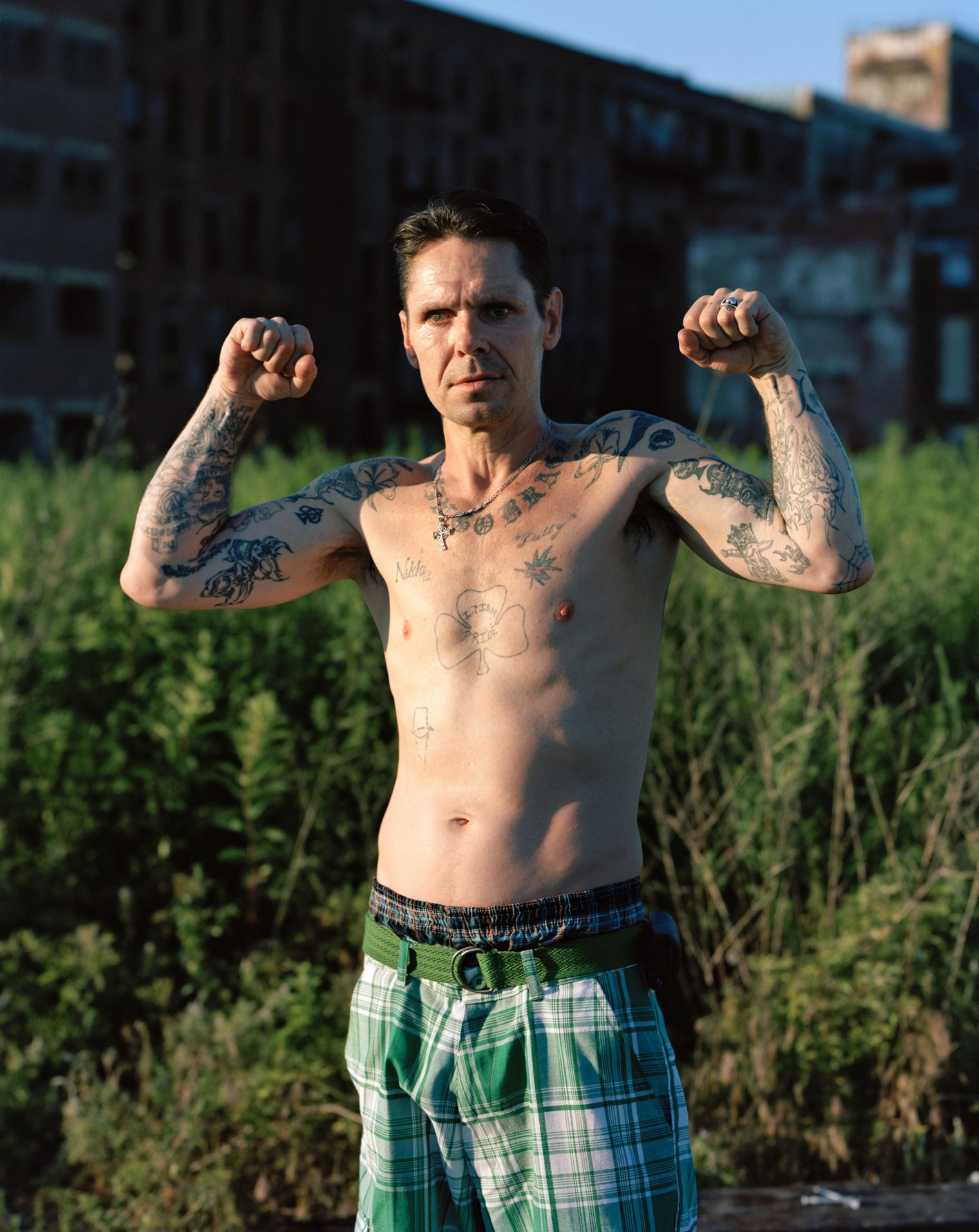
Bobby, Lehigh Viaduct, 2010
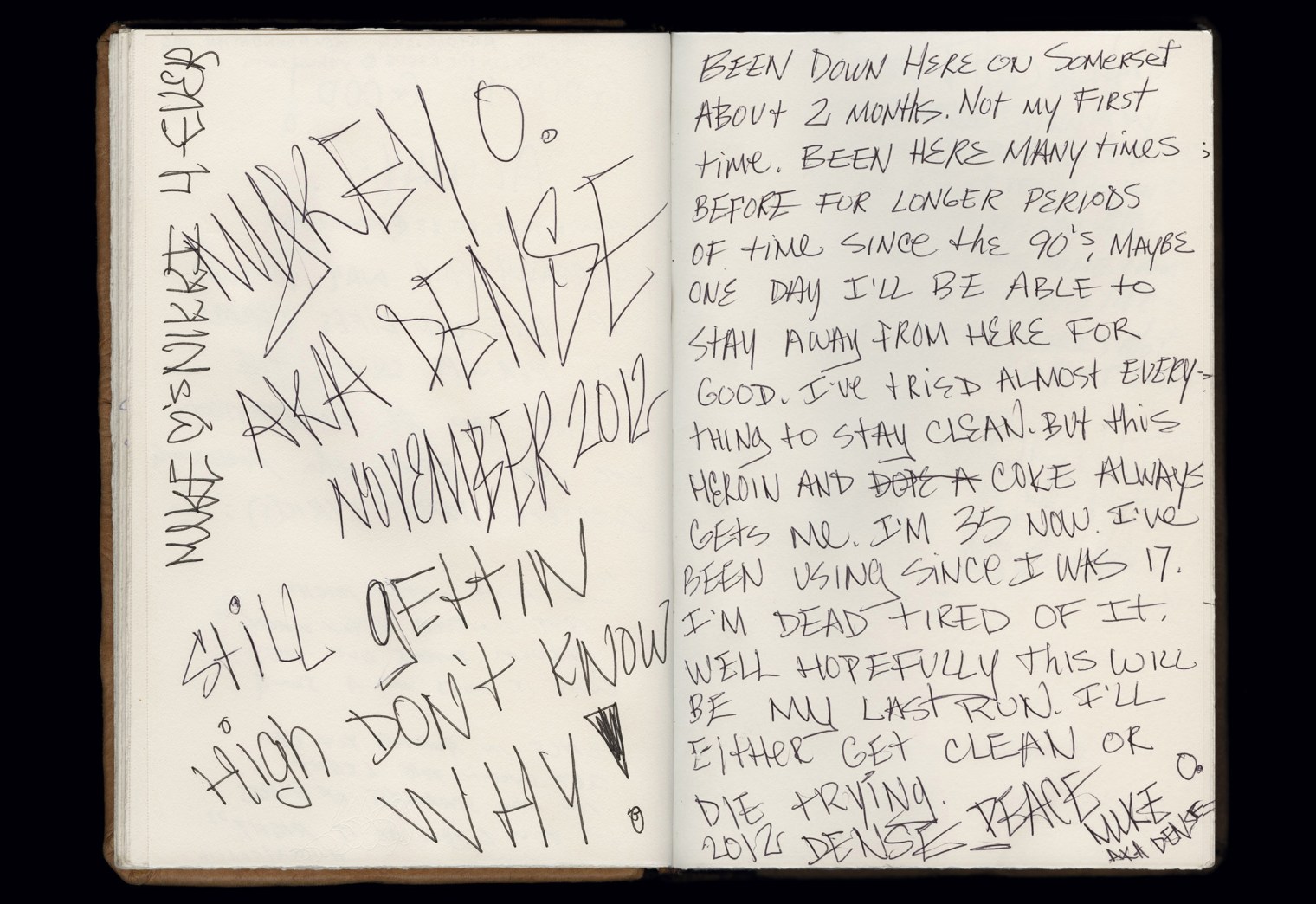
Journal Entry by Mike, 2012
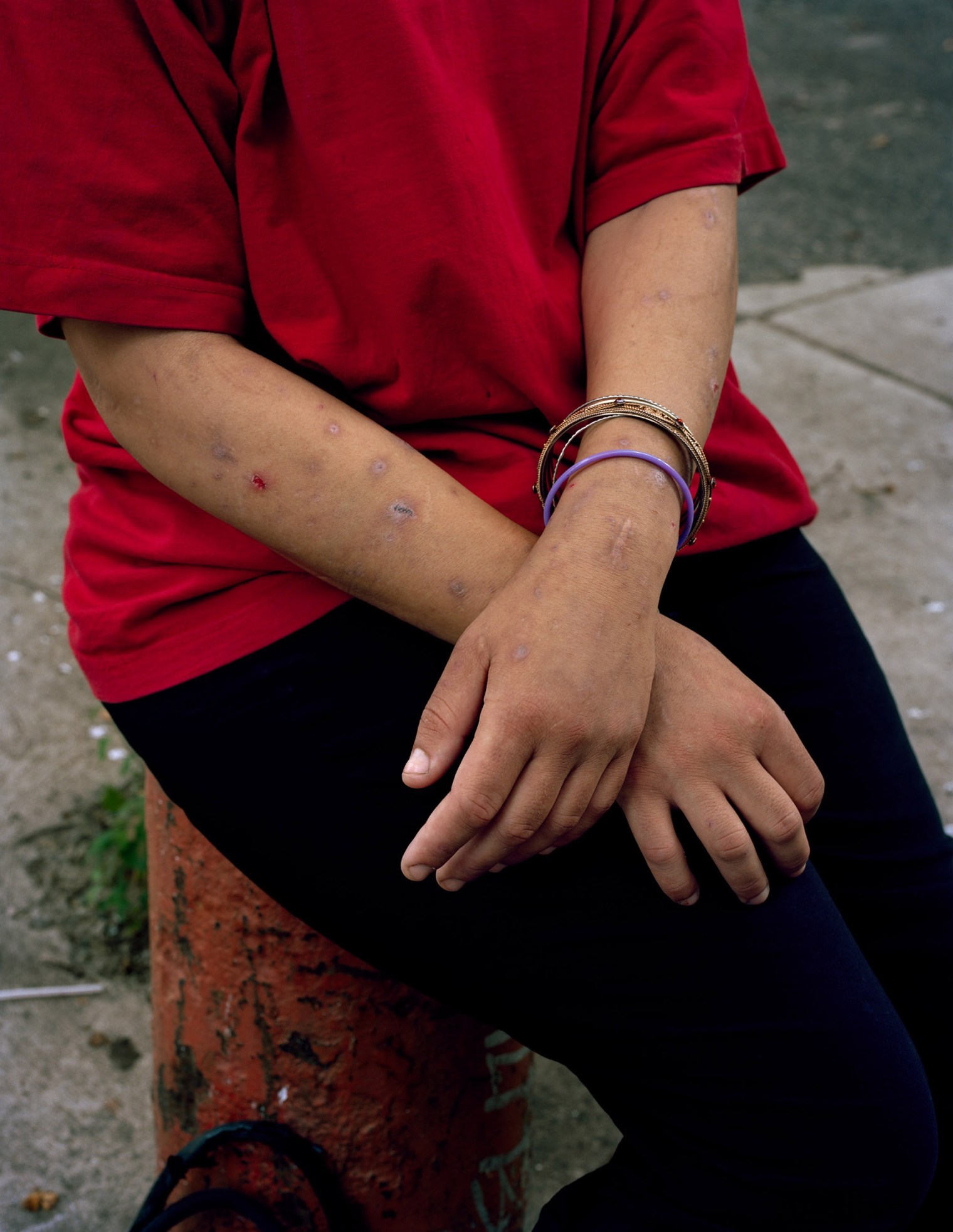
Melissa’s arms, Kensington & Harold Street, 2011
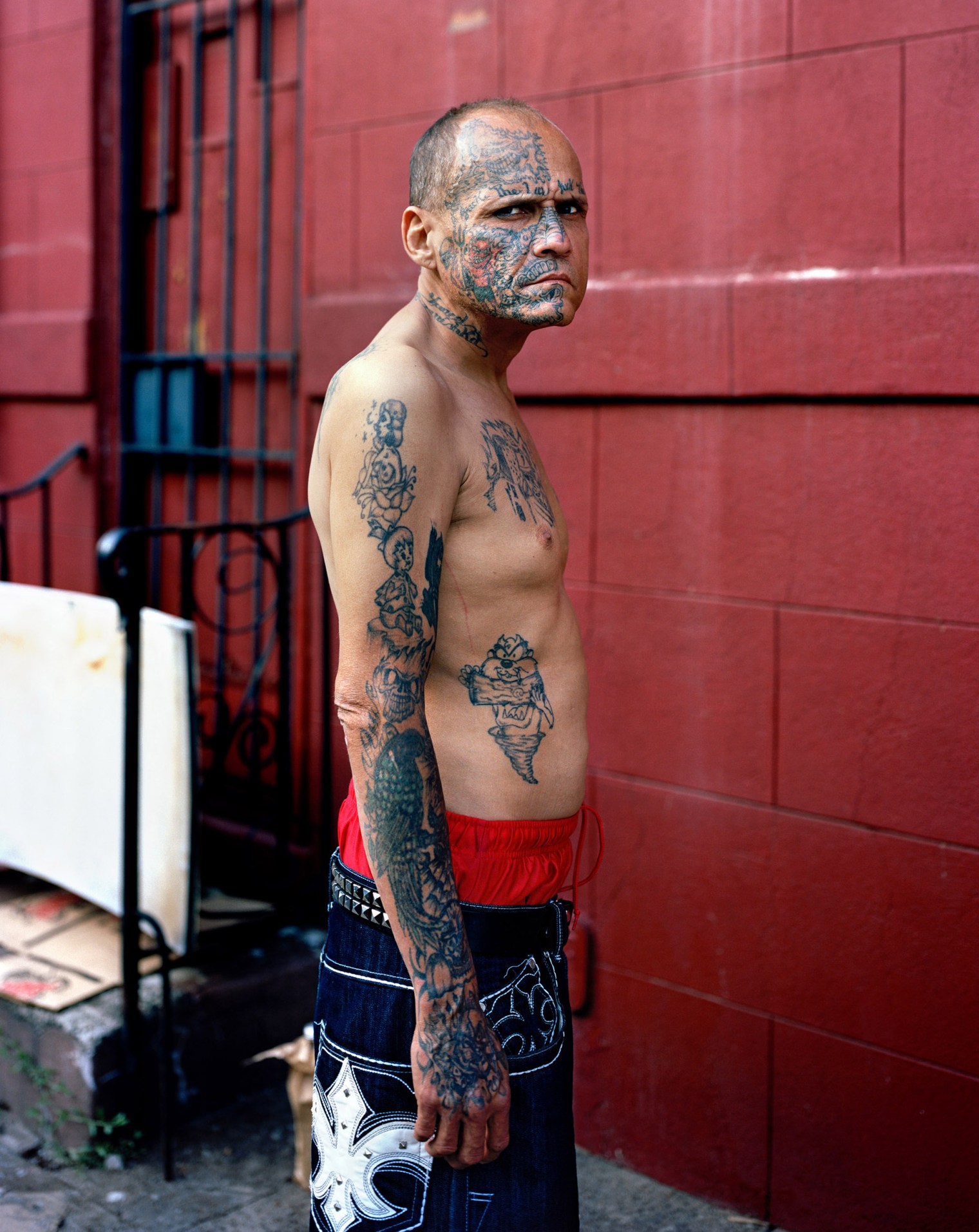
Dalmata, Kensington Ave, 2012
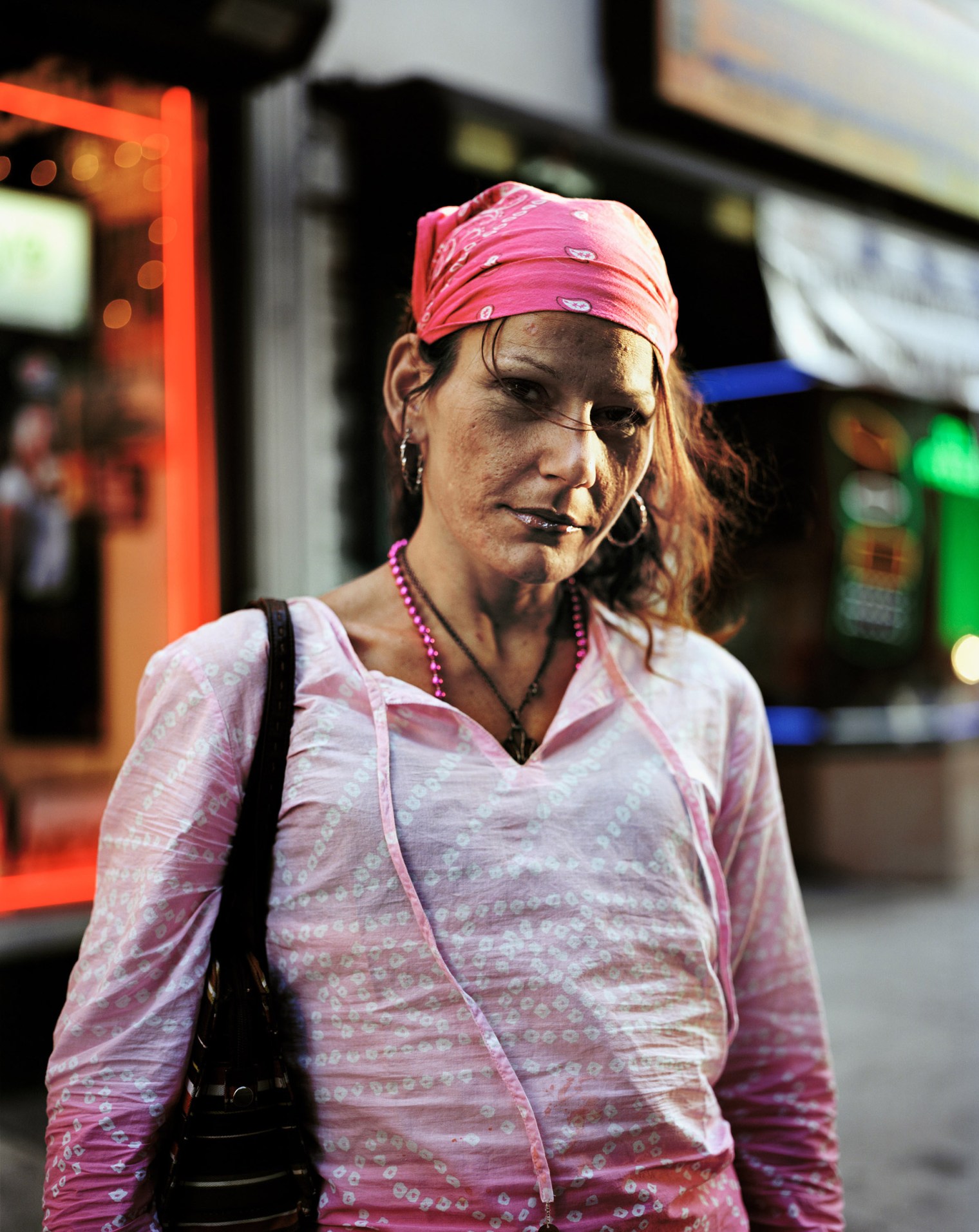
Jackie, Kensington & Somerset, Street 2009
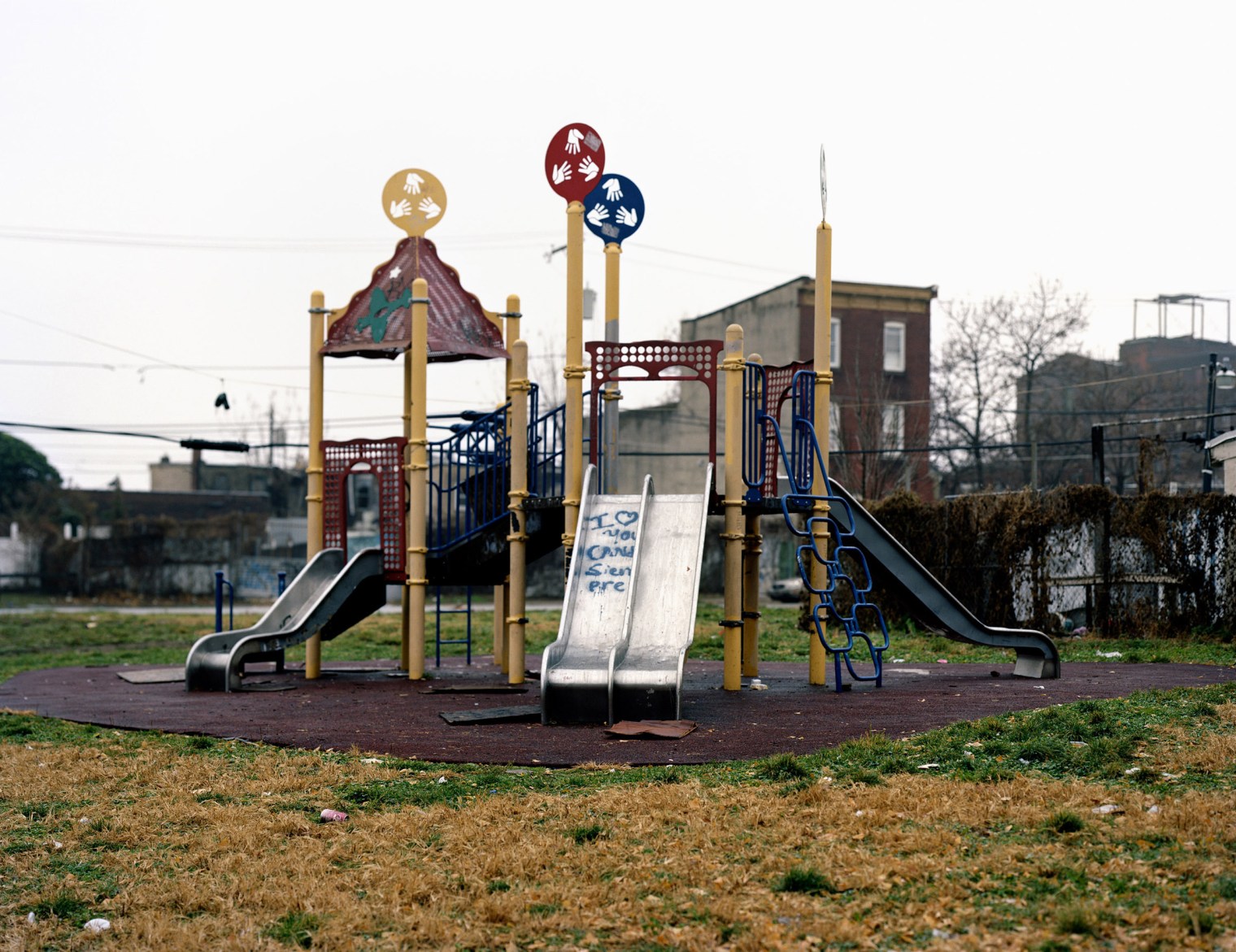
Playground, Cumberland & Emerald Street, 2013
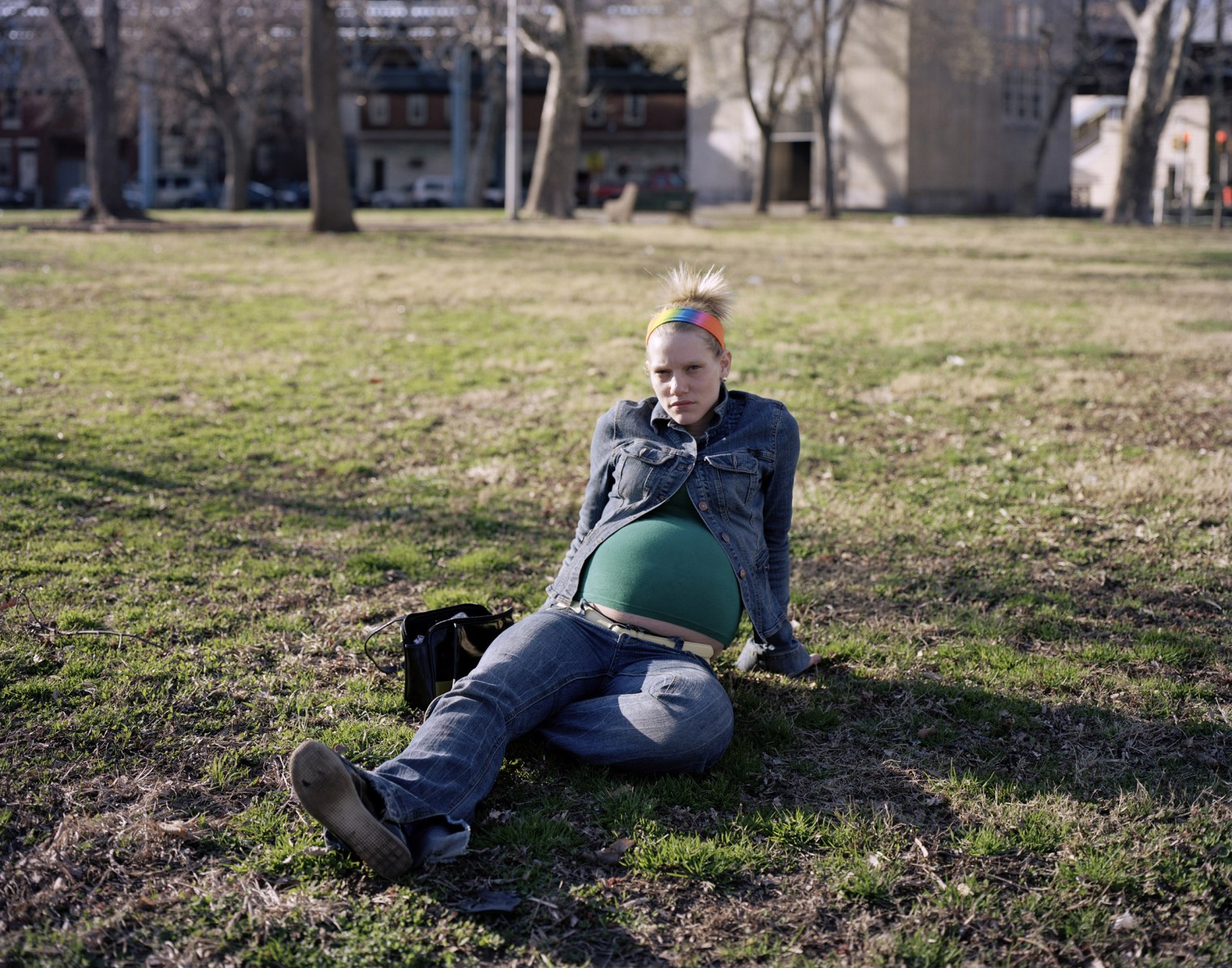
Jamie, Harrowgate Park, 2010
Excerpted from an interview with Jamie: What’s the best date you ever had? What’s the worst date you ever had?
Jamie: “The best date is, um, huh, you know getting someone that gives you loads of money and you don’t gotta do nothing for it really. That’d be the best date. The worst date is, um, you know, I’ve been raped, and, you know, almost killed really. You know, there’s all kinds of dates actually, scary and uncomfortable, all types.”
J.S.: And yet you’re still out here, do you feel like it makes you stronger?
Jamie: “It has and it hasn’t, it has definitely made me stronger but I don’t want to be like this the rest of my life.”
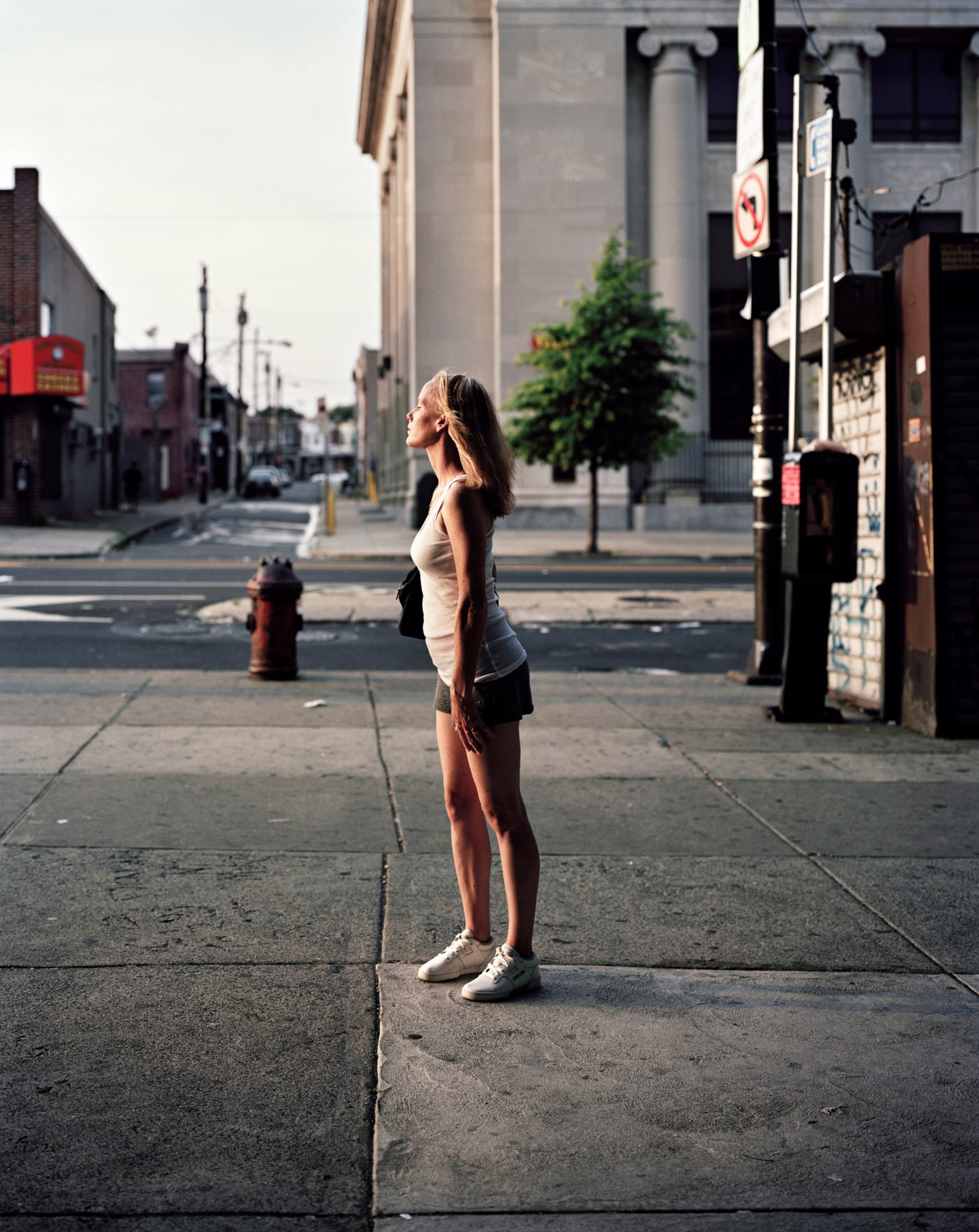
Nichole, Kensington & Allegheny Ave, 2011
If you or a loved one are seeking help for drug addiction, please contact samhsa.gov for more information.
Jeffrey Stockbridge is a Philadelphia-based photographer. See more of his work here
Lily Rothman is the History and Archives Editor for TIME
Paul Moakley is the Deputy Director of Photography at TIME
